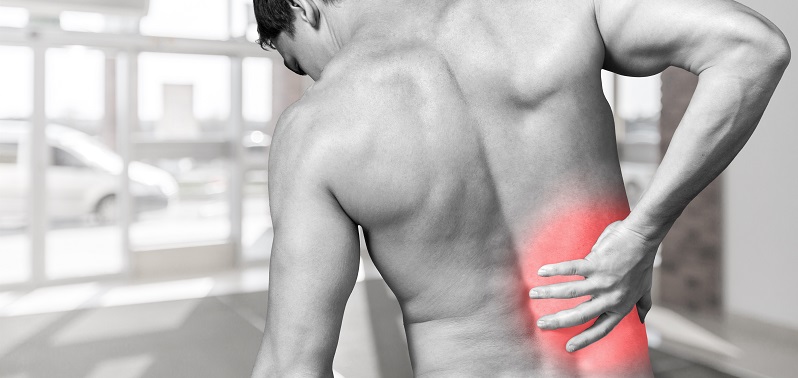5 Tips For Safely Transitioning Home After Spine Surgery
Category: Surgery Recovery | Author: Stefano Sinicropi

Your path to a pain-free life doesn’t end the moment you get off the operating table. In fact, some say the road to recovery is just beginning. The majority of your recovery will take place in the days and weeks after you leave the surgical center, but returning home and adjusting to life after surgery isn’t always easy on your own. To help, we’ve compiled some tips for making it easier to transition home after you’ve undergone back surgery.
Prep Before Surgery
Get your house in order before you go under the knife, and life will be a lot easier upon your return. Do laundry, pick up any tripping hazards, cook some easy to reheat healthy meals and check out some books or movies from the library. This way you can come back to a clean house, ready to eat meals and you’ll have plenty of ways to stay entertained. If doing these things before surgery is too difficult because of pain, ask friends or family members for help.
Understand Your Medications
If you’re taking pain medications or antibiotics to prevent against the onset of an infection, make sure you clearly understand how these drugs should be taken by themselves or in a combination with one another. Do not drive or partake in certain physical activities until you know how these drugs may affect you. Alert your doctor to any known allergies, and be sure to speak up if you have concerns or questions about anything regarding your medication management.
Explore Home Health Options
If you are going to have limited mobility for a while after spine surgery, some surgical centers can refer you to a home health agency or occupational therapist who can assess your home for potential problems and to help ease the transition after you leave the hospital. From looking for potential tripping hazards to adding handrails or lifts, home health therapists can help to make your transition home a smooth one.
Know The Signs Of Infection
Infections are one of the leading causes of hospital readmission after discharge, so know the warning signs and be diligent about keeping your wound site clean. If you’re dealing with a fever, chills, wound discharge or excess heat from the surgical site, call your doctor and have them reassess the wound.
Social Interaction
Finally, it’s a good idea to plan some social interactions during the early stages of your rehab. Taking care of your mental health is just as important as taking care of your physical health, so make sure you aren’t ignoring the psychological side of rehab. Have a friend over for a meal, or have someone come over to go on a short walk with you. This will improve your mood and can have whole body benefits.